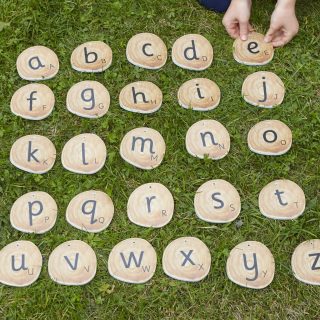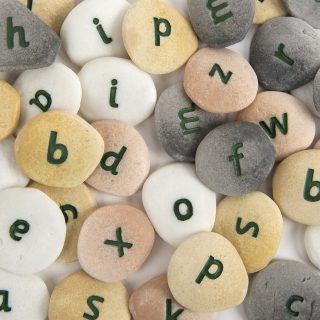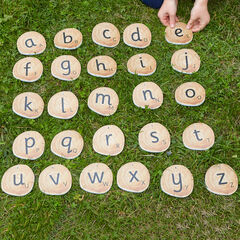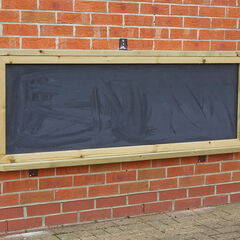This series of articles has been written by industry experts to help you to understand changes to the EYFS Framework. In this blog, Early Years consultant Alistair Bryce-Clegg looks at the Literacy area of the framework.
The Revised Framework uses the word ‘crucial’ when it talks about the need for children to develop a love of reading. For me, this is a significant point. It is important for children to learn to read but it is ‘crucial’ for them to love reading.
It has often been my experience that the ‘need’ to read has been put above the ‘desire’ to read. If we can get the ‘desire’ bit right, then everything else will follow.
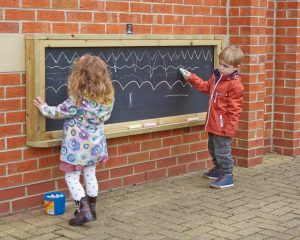
How do we achieve this? Well, initially it is by getting children to have a love of stories and books, both fiction and non-fiction. It is making the act of reading with them and to them a special and enjoyable time. We can also help the process by making sure that our environments are print-rich. By that, I don’t mean rich as in lots of it as you would if you were talking about money. An environment that is full of print is not the same as an environment that is rich in print. A print-rich space may not have lots of print in it, but what is there will be meaningful to the children who inhabit the space. It will be for them and about them – so even if they can’t read it, it has significance.
We can evaluate the impact of the spaces that we create, to encourage the act of reading, observing their use and impact on all children. If you have a reading corner, how often is it used by children for reading? Do you have books in every area of provision to enable adults to reference reading as a tool for learning in play?
The Revised Framework has also split Reading into two sections: Language Comprehension and Word Reading. All of the work we do around developing children’s talk will feed into their ability to understand and comprehend language.
A print-rich space may not have lots of print in it. What is there will be meaningful to the children who inhabit the space.
Research has also shown that (apart from being great fun) regular singing with children has a positive impact on their ability to recognise sounds within words, their decoding skills and eventually phonics – so get your guitar out! Word reading involves more advanced strategies, like decoding, that a child will be taught. Of course the more that we can wrap what they need to know, in with what they are interested in, the more success we will have!
I remember teaching children to read using the ‘look’ book, which only contained one word – ’look’. It bored me and the children to death. I remember one child proudly announcing that they could read the word without even looking at it. That should have told me all that I needed to know. Literacy is of course also linked to children’s ability to record what they think and what they hear by writing. Being able to organise their ideas and also record them in a way that others can read, which involves their writing being legible and decodable, i.e., handwriting and spelling.
All of these aspects of literacy will feature at some point on our children’s unique learning journey. We just need to ensure that they are timely and appropriate. This is so that our attempts to get neat handwriting are not at the expense of children’s desire to write. A good knowledge of fine and gross motor development, linked to a commitment to deliver literacy teaching and learning through children’s interests, is a great place to start.
Shop Literacy resources here.
Interested in finding out more about the changes to the EYFS framework?
Click on the links below to read our other articles from Alistair Bryce-Clegg …
Thank you to Early Years consultant and expert Alistair Bryce-Clegg for the content in this blog.


